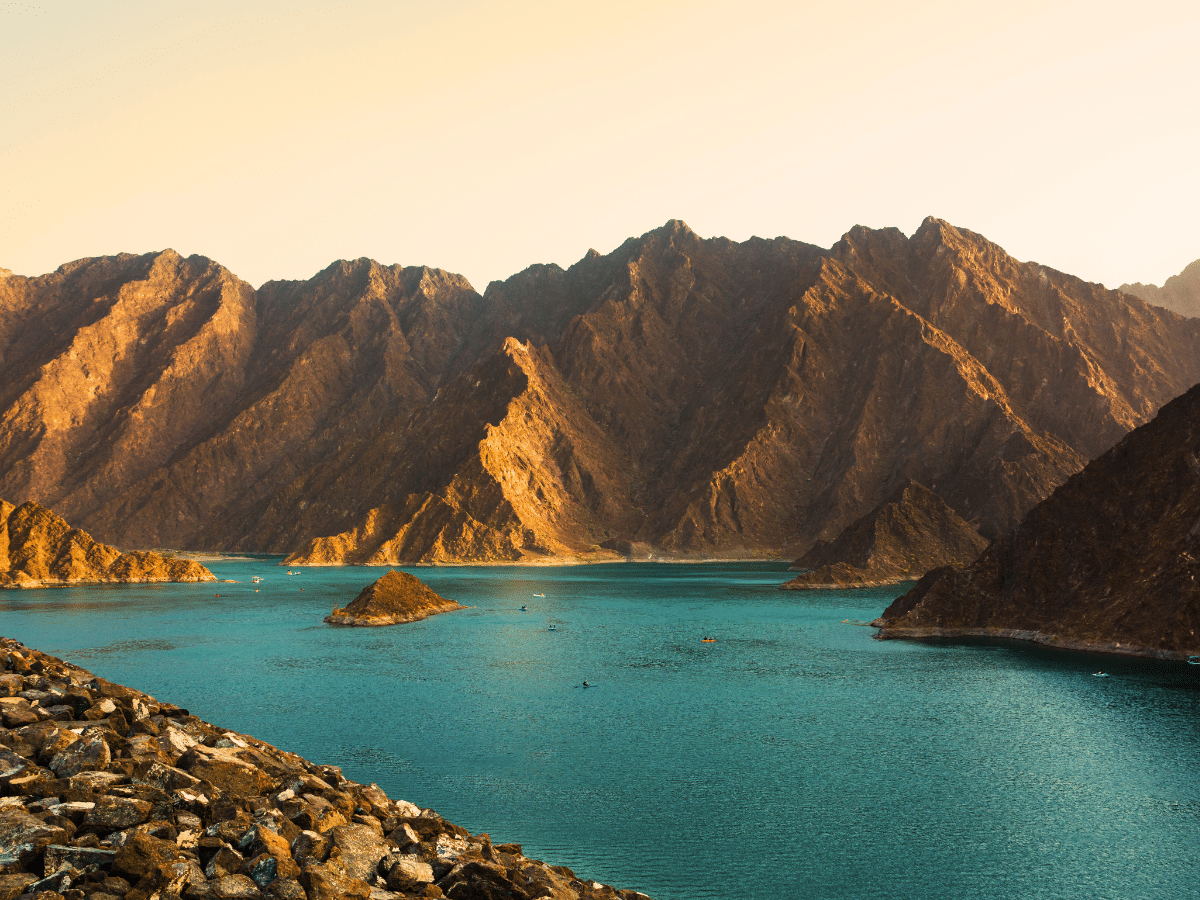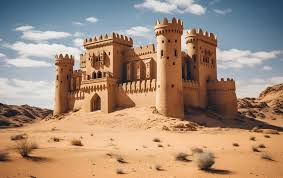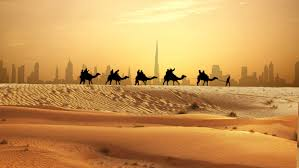Now Reading: Discover UAE’s Rich Desert Culture: Traditions, Heritage, and Hidden Wonders
-
01
Discover UAE’s Rich Desert Culture: Traditions, Heritage, and Hidden Wonders
Discover UAE’s Rich Desert Culture: Traditions, Heritage, and Hidden Wonders

Table of Contents
The United Arab Emirates (UAE) is famous around the world for its towering skyscrapers, luxury shopping malls, and futuristic cities like Dubai and Abu Dhabi. But beyond the modern skyline lies an ancient, rich culture deeply rooted in the desert — a culture that shaped the country’s identity for thousands of years.
In this article, we will explore the fascinating world of UAE’s desert culture, covering its unique traditions, lifestyle, festivals, and the surprising ways this heritage continues to thrive today.
1. The Heart of Desert Culture: Bedouin Life

At the core of the UAE’s desert culture is the Bedouin way of life. Bedouins were the nomadic Arab tribes who lived in the harsh desert environment for centuries. Their survival depended on a deep knowledge of the land, weather, and natural resources.
Life in the desert was not easy. Water was scarce, food was simple, and sandstorms were dangerous. But Bedouins developed clever ways to survive. They built tents made of goat hair to protect themselves from the sun and wind. They traveled using camels, known as the “ships of the desert,” and traded goods like dates, spices, and perfumes.
Even today, Bedouin values such as hospitality, honor, and community remain important in Emirati society.
2. Traditional Food: Flavors of the Desert

The desert lifestyle also shaped the UAE’s traditional food. The harsh environment meant people relied on simple, healthy ingredients.
- Dates: One of the most important desert foods, rich in nutrients and energy.
- Camel Milk: A vital source of nutrition for desert dwellers, high in vitamins and minerals.
- Grilled Meats: Especially lamb and camel, often cooked slowly over open fires.
- Rice Dishes: Like Al Harees and Al Majboos, flavored with spices brought from faraway lands.
Even in the cities today, you can find these traditional dishes served during festivals, weddings, and family gatherings.
3. Music, Dance, and Poetry: The Spirit of the Desert
Desert culture is also rich in music and art. Bedouins used music, poetry, and dance to tell stories, celebrate victories, and honor guests.
- Al Ayala Dance: A famous traditional dance where men stand in two rows, holding thin bamboo sticks, while drummers play exciting rhythms.
- Nabati Poetry: Known as “the voice of the people,” this poetic form is deeply respected in the UAE. It speaks of love, courage, and the desert way of life.
These art forms are still taught in schools and performed at national events like the UAE National Day and cultural festivals.
4. Camels: The Pride of the Desert
No talk of UAE desert culture is complete without mentioning the camel. Camels were not only a means of transportation but also provided milk, meat, and wool. They were considered a family’s most valuable possession.
Today, camel racing is a popular sport in the UAE, attracting both locals and tourists. Modern technology has even introduced robot jockeys for camel races!
In places like Al Marmoom Camel Race Track in Dubai, visitors can experience this unique sport and see camels up close.
5. Desert Festivals and Experiences: Keeping Culture Alive
The UAE is making great efforts to preserve and promote its desert heritage.
- Liwa Date Festival: Held every summer in the Liwa Oasis, this festival celebrates the date palm harvest — a vital part of desert life.
- Al Dhafra Festival: A huge cultural event featuring camel beauty contests, falconry competitions, traditional souks, and Bedouin crafts.
For tourists, the desert offers amazing activities like desert safaris, sandboarding, falcon shows, and stargazing. These experiences give visitors a glimpse of the ancient desert lifestyle while enjoying modern comforts.
6. The Modern Desert: A Culture That Adapts
While the UAE has become a global hub for business and luxury, its leaders and people are working hard to protect their desert roots.
Heritage villages, such as the one in Abu Dhabi, show younger generations how their ancestors lived. Schools teach traditional values, and national media regularly feature programs on Bedouin history.
Even the architecture of modern Emirati homes reflects desert culture, with wind towers and courtyards designed to keep homes cool in the heat.
7. Why Desert Culture Still Matters
In a fast-changing world, the UAE’s desert culture is more than history — it is a source of identity, strength, and inspiration. The values of patience, respect for nature, hospitality, and resilience that helped desert people survive are just as important today in modern life.
For visitors and residents alike, exploring the desert culture of the UAE offers a chance to understand the true soul of this remarkable country.
Conclusion
The desert culture of the UAE is not just about sand dunes and camels; it is a living, breathing part of the nation’s heart. From the warmth of Bedouin hospitality to the excitement of camel races and the beauty of ancient poetry, this culture offers endless wonders to discover.
Next time you visit the UAE, don’t miss the chance to step into the desert — and into the past — to experience a world that continues to shape the future.
Read More:- Shobha Realty Launches Its Most Luxurious Project Yet—Full Details Inside 2025





















